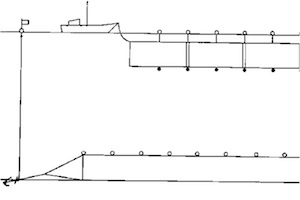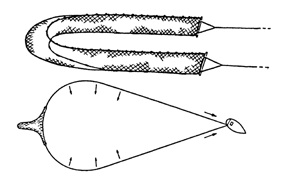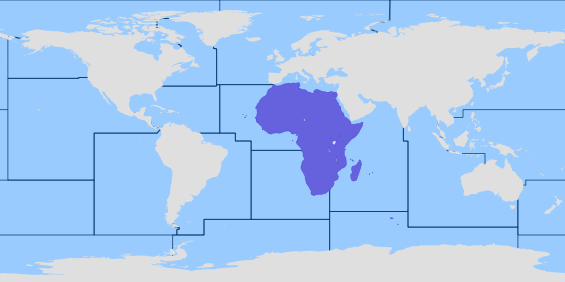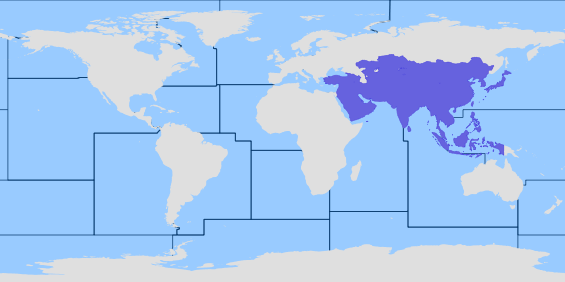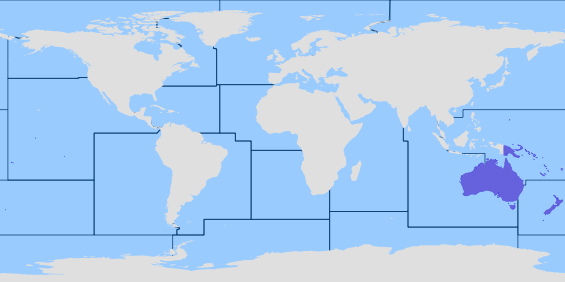Diagnosis: head profile steep (Ref. 2, 7248, 12524, 13337, 33478, 52193, 54167) and rounded (Ref. 315, 12524). Toothed area of lower pharyngeal bone with broadly rounded lobes; scales on cheek in 2-3 rows; caudal scales variable, not on the inter-radial membranes except at the base, and never stiffening the fin (Ref. 2). Adults with black (Ref. 2, 12524) or dark brown flecks in the temporal region, on the gill-cover (Ref. 2, 11970) and below the eye, mostly associated with openings of the lateral line system (Ref. 2). Adults without conspicuous mid-lateral blotches (Ref. 2).
Description: body deep (Ref. 52307), fairly compressed (Ref. 56454), with deep caudal peduncle (Ref. 2, 52307). Snout short (Ref. 2, 52307), rounded, sometimes with concave upper profile, a little broader than long, shorter than postocular part of head (Ref. 1887, 54167). Head develops a steep profile (Ref. 2, 1887, 7248, 12524, 13337, 33478, 52193) with increasing size, especially in males (Ref. 33478). Mouth rather small (Ref. 1887, 54167), reaching to just behind level of anterior nostril (Ref. 56454). Outer row teeth in jaw enlarged, slender, most bicuspid, inner teeth minute, tricuspid (Ref. 56454). 2-3 rows of scales on cheek (Ref 1887, 46242, 54167, 56454), width of scaly part not greater than eye diameter (Ref. 1887, 54167). Nape scaled to level of front third of eye; eye round, its diameter almost equals interorbital width in juveniles, a little over half interorbital width in adults; pharyngeal teeth closely packed, slender (Ref. 56454). Otoliths: regular oval outline and moderately developed, rather regular ornamentation; sagittae of juveniles have an S-shaped sulcus with a distinct upward bend near the end of the cauda, often accompanied by a more or less distinct widening of this part of the cauda; sagittae ornamentation consists of more or less regular, rounded knobs (Ref. 56279). Gill-rakers short (Ref. 46242, 54167), lanceolate (Ref. 46242), thick (Ref. 54167). Vertebrae 16+14, i
 Image not available
Image not available